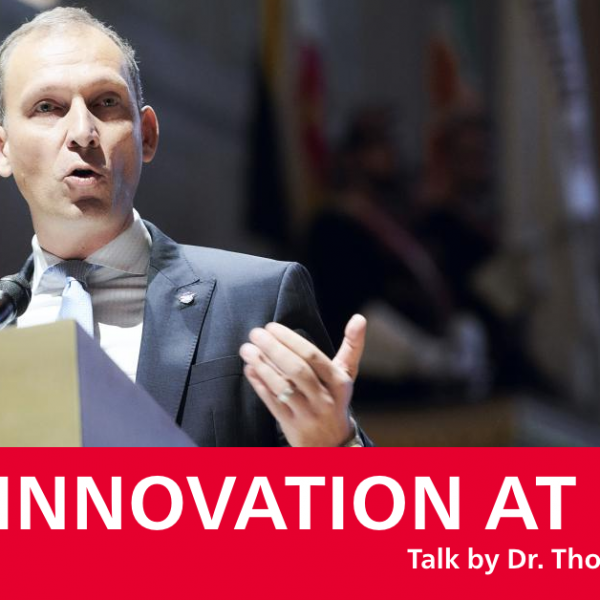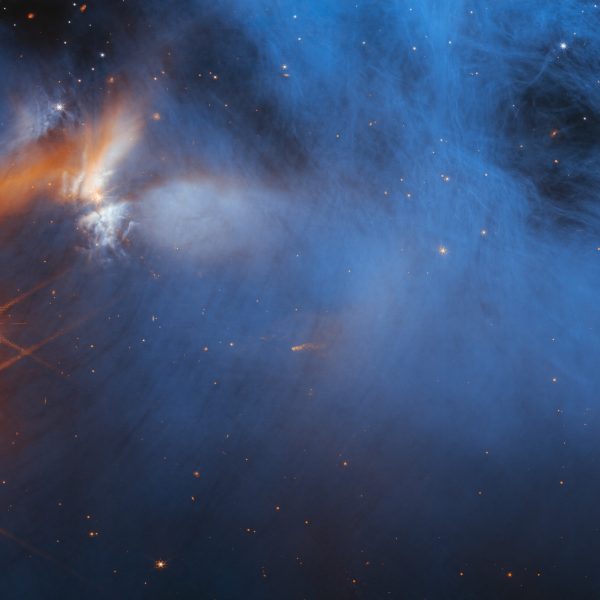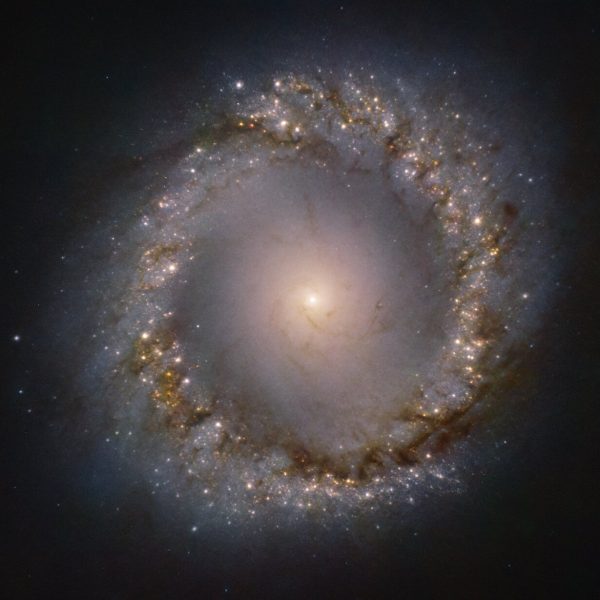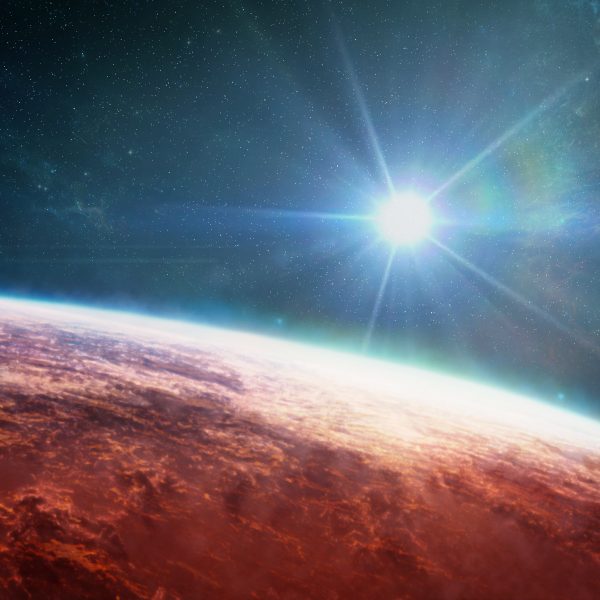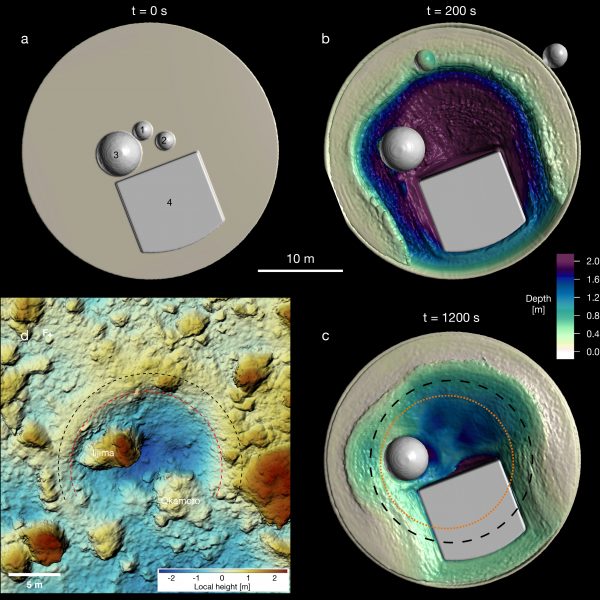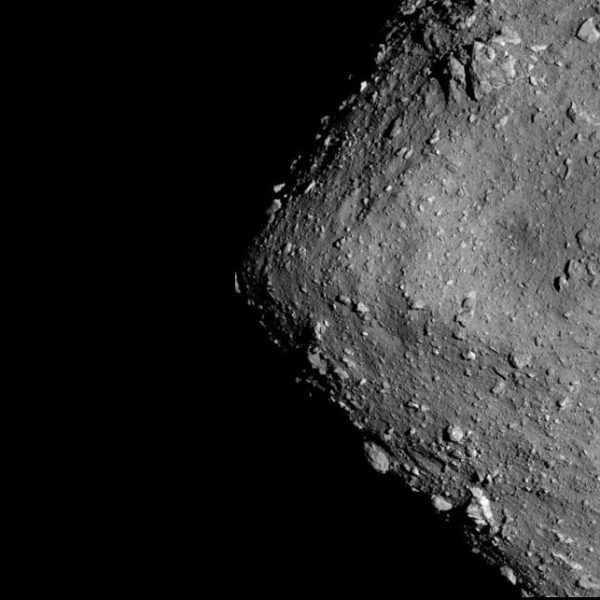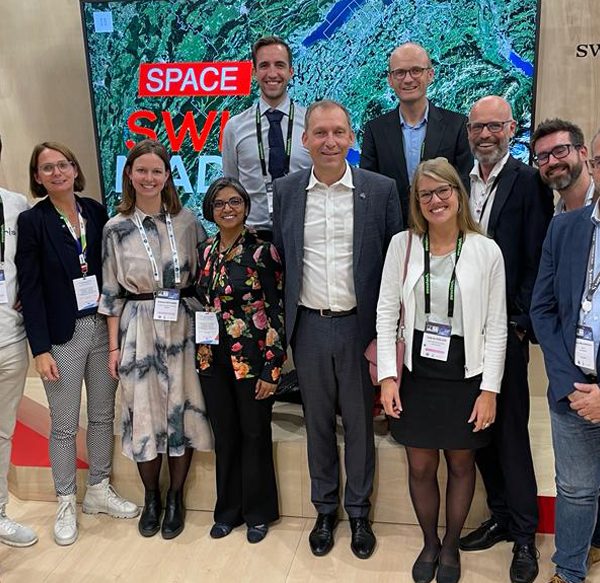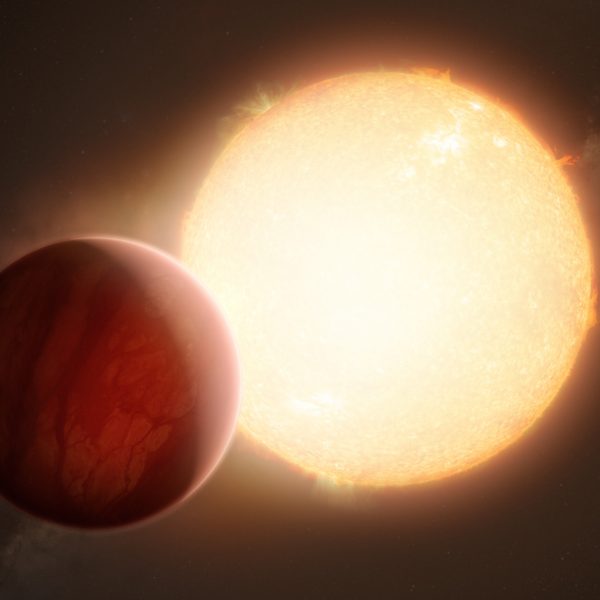News
Innovation and Entrepreneurship at NASA: Lessons Learned
The NCCR PlanetS, in collaboration with the Innovation Office of the University of Bern, the Entrepreneurship Center and be-advanced are happy to invite you the 28th of February 2023 for a unique event in company of Dr. Thomas Zurbuchen about the lessons he learnt at NASA regarding Innovation and Entrepreneurship. Dr. Thomas Zurbuchen was the […]
Continue ReadingJames Webb Space Telescope identifies origins of icy building blocks of life
Interstellar molecular clouds are considered to be the birth sites of planetary systems. With the help of the James Webb Space Telescope, an international research team including the Center for Space and Habitability (CSH) at the University of Bern and the National Centre of Competence in Research (NCCR) PlanetS discovered the deepest and coldest ice […]
Continue ReadingSharper infrared eyes for the VLT: ERIS sees first light
The European Southern Observatory’s (ESO) newest scientific instrument, the Enhanced Resolution Imager and Spectrograph (ERIS) has successfully completed its first test observations. One of them exposed the heart of the galaxy NGC 1097 in mesmerising detail. Installed on ESO’s Very Large Telescope (VLT) at Cerro Paranal in northern Chile, this infrared instrument will be able […]
Continue ReadingJames Webb reveals the atmospheric secrets of an exoplanet
The James Webb Space Telescope (JWST) and its unparalleled images of our Universe offers us a new first: by combining several instruments, it draws a molecular and chemical portrait of the atmosphere of the exoplanet WASP-39b. It highlights the presence of water, carbon dioxide and especially, for the first time, sulfur dioxide created through reactions […]
Continue ReadingSmall asteroids are probably young
The impact experiment conducted on the asteroid Ryugu by the Japanese Hayabusa2 mission which took place two years ago resulted in an unexpectedly large crater. With the use of simulations, a team led by the University of Bern and the National Center of Competence in Research (NCCR) PlanetS has recently succeeded in gaining new insights […]
Continue ReadingAsteroid samples reveal early Solar System history
Nearly two years ago, the Hayabusa2 space probe returned samples from the asteroid Ryugu to Earth. Since then, international research teams – including members of ETH Zurich and the National Centre of Competence in Research (NCCR) PlanetS – have worked on analysing the valuable cargo. The results allow the scientists not only to reconstruct the […]
Continue ReadingGreat opportunity to showcase the achievements of the NCCR PlanetS
From September 18 to 22, the International Astronautical Congress (IAC) was held in Paris. One of the topics at the Space Exchange Switzerland booth was the exploration of exoplanets. Once a year, the International Astronautical Congress (IAC) brings together some 6,500 experts from the space industry and space research over five days to present the […]
Continue ReadingProtected: This is a test post
There is no excerpt because this is a protected post.
Continue ReadingEspresso detects barium in the atmosphere of an exoplanet
An international team including researchers from the University of Geneva (UNIGE) and the National Centre of Competence in Research (NCCR) PlanetS has detected the heaviest element ever found in the atmosphere of an exoplanet: barium. This feat was made possible by ESPRESSO, a spectrograph developed largely by the UNIGE and installed on the Very Large […]
Continue ReadingEditorial
Dear readers, For more than 4 billion years, the Earth has been impacted by small asteroidal and cometary bodies. These objects are often thought of as debris from solar system formation and their effect on the Earth, the Moon and other planets has been significant. We only need to look at the surface of the […]
Continue Reading
